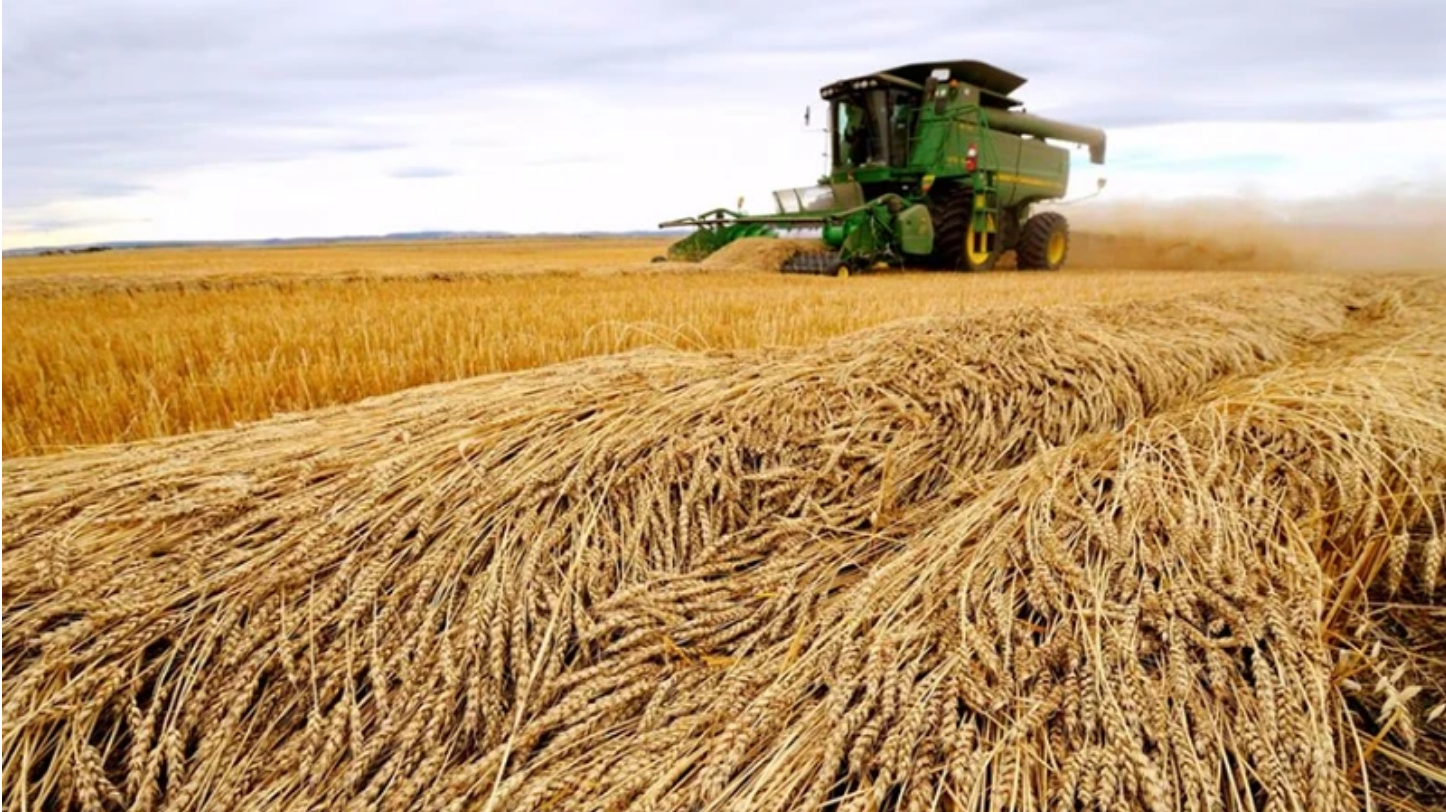The West is concerned that Russia is increasingly controlling the grain industry.
(Baonghean.vn) - Bloomberg said that Russia is looking to control a significant part of its grain industry, which could give Moscow greater power in grain exports. Foreign traders are increasingly unable to control supplies from Russia.

Russia is tightening control over its grain industry, potentially giving the state greater power over grain exports amid growing global concerns about rising wheat prices, Bloomberg reported on May 27.
Western agri-food giants including Cargill and Viterra are set to exit the Russian market by July 2023 after the government ordered them to make way for local companies, further weighing on commodity trade. As a result, the grain market remains less in the hands of corporate players, Bloomberg notes, giving Moscow more influence over wheat supplies, which have played a key role in curbing the global food crisis over the past few years.
Furthermore, according to Bloomberg, the control of the grain industry by “government-linked” companies has limited foreign traders’ access to Russian supplies, while world wheat prices are rising rapidly due to poor harvests.
Russia’s influence in the grain sector is growing, and the key question is how this will affect global markets, according to Bloomberg experts. In particular, Moscow is trying to set unofficial minimum prices for its crops, and further tightening of control over the sector will allow the government to more easily influence export volumes.
It can be seen that food is also one of the strategic tools that can influence military, political and economic issues. This has been clearly demonstrated by the conflict between Russia and Ukraine and its consequences up to the present time. Russia still accuses the West of imposing barriers on the export of its grain and fertilizer and refuses to restore the Black Sea agreement despite calls from the United Nations.
If wheat from Russia is disrupted, the market will likely face a major supply risk as other producing countries will find it difficult to compensate. This situation could push global wheat prices up again./.
